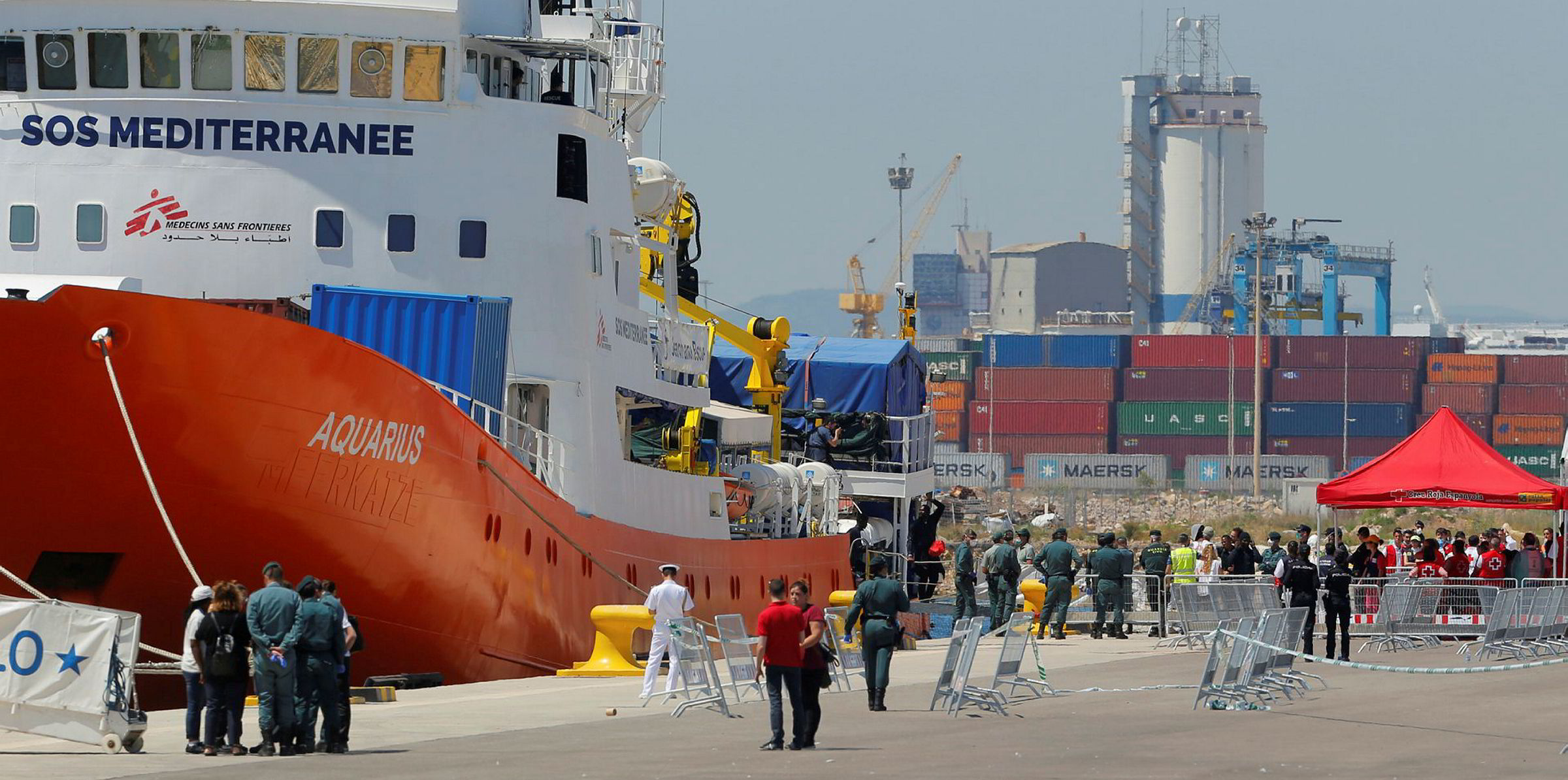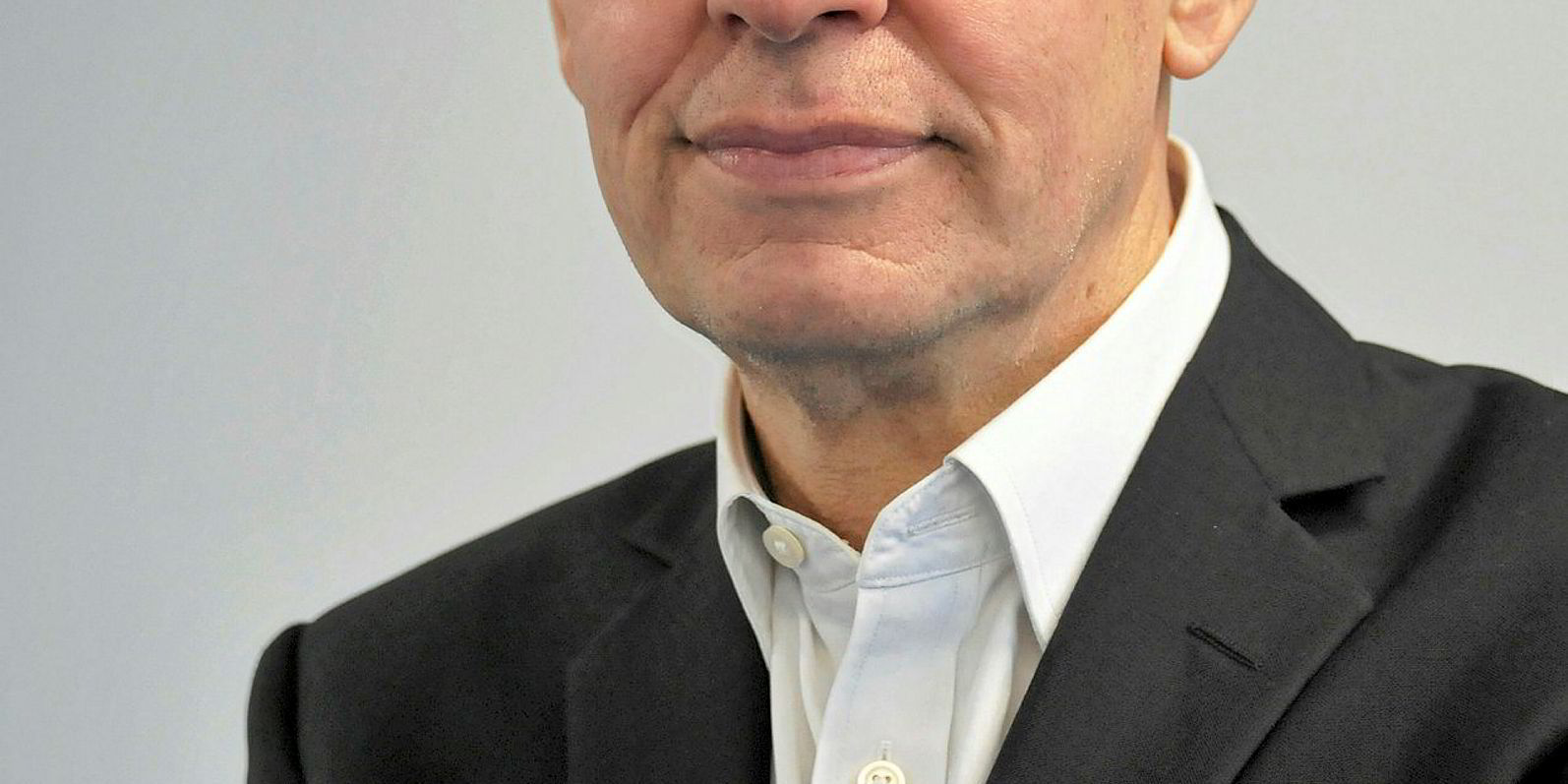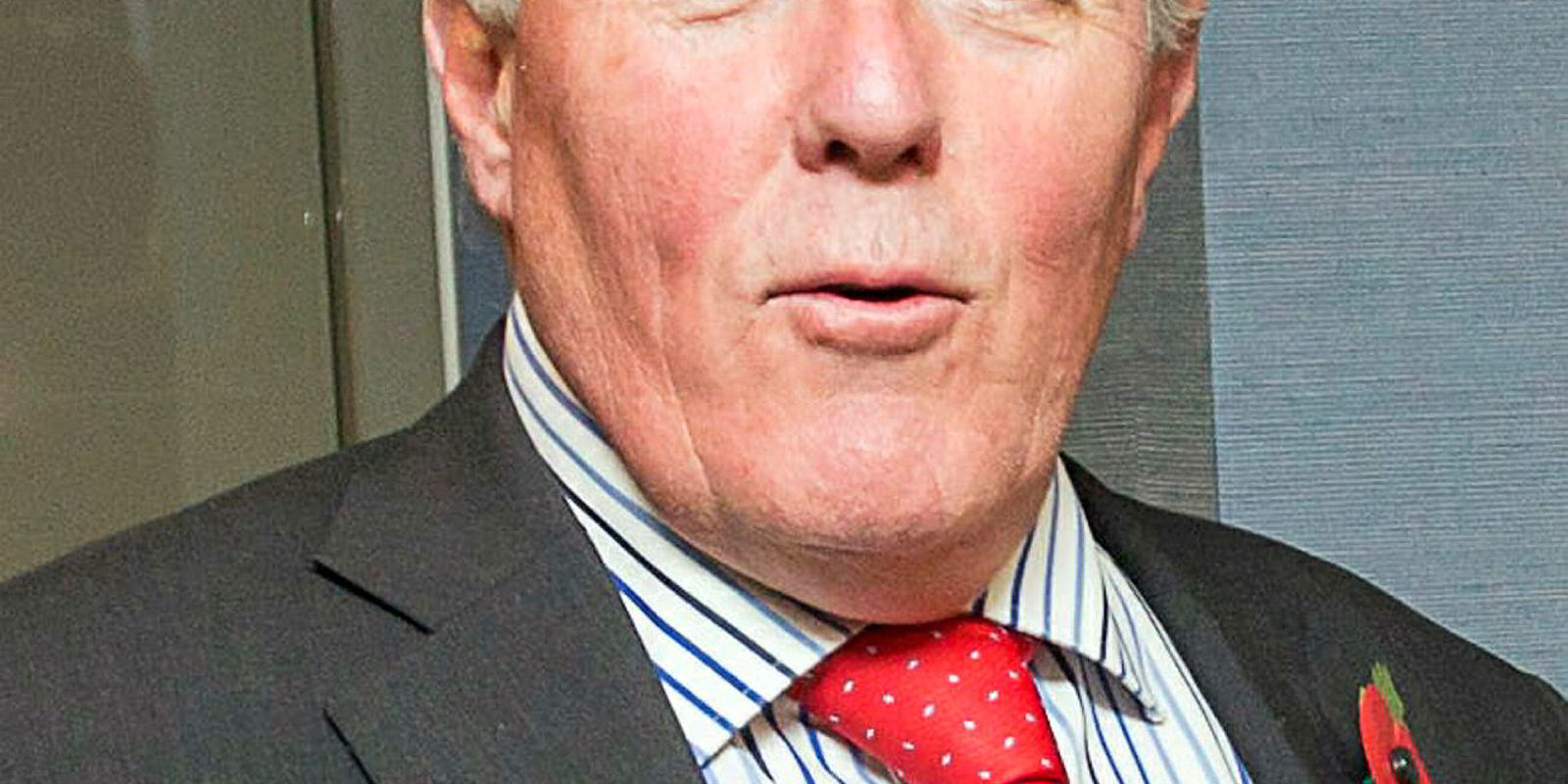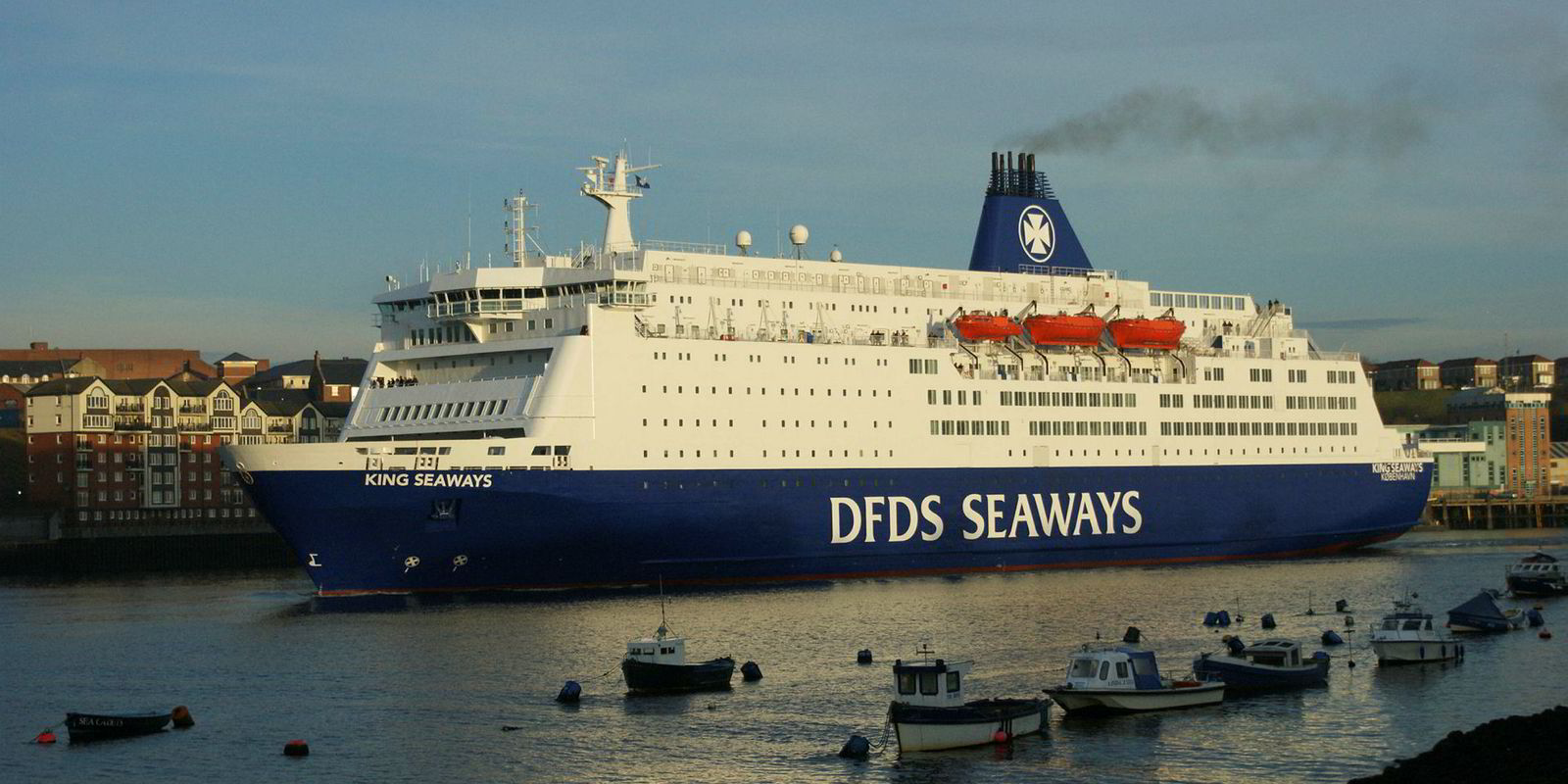The United Nations' World Refugee Day passed on Wednesday with 600 migrants having landed at the port of Valencia in Spain.
The passengers on the three ships included children and pregnant women who must have been exhausted after a week at sea.
The ship masters must have been mighty relieved, too, about voyages that take us into a not-very-brave new world.
This is because the refugees were at the centre of a political as well as a maritime drama when the vessel they were rescued on, the 1, 812-gt Aquarius (built 1977), was officially turned away from Italy and Malta.
Will other countries follow suit? Are we in a situation where a merchant vessel that rescues people from the sea may not know where it can dock?
At least the passengers on the Aquarius have not added to the list of 3,000 migrants who lost their lives in the Mediterranean last year.
Many have been on the run from war-torn Libya where the official borders are almost non-existent. But those onboard the Aquarius came from 26 different countries.

This Mediterranean refugee crisis is a desperately sad story that can really only be solved by landside solutions.
It is also one where the merchant shipping industry has played an honourable — but always potentially unsustainable — role.
Since 2015, cargoships and other merchant vessels have rescued over 50,000 on top of the more than 90,000 helped by ships run by non-governmental organisations (NGOs), such as the Aquarius.
The masters of cargoships have been abiding by their responsibilities under international maritime regulations such as the United Nations Convention on the Law of the Sea and the IMO’s Safety of Life At Sea.
These require ships to assist and if necessary rescue people in distress at sea. But the same regulations also require nation states to provide proper search and rescue facilities alongside the identification and facilitation of suitable landing places.
The situation with NGO rescue missions is more ambiguous in terms of the demands on states to accept their vessels.
Difficult situation turned toxic
Italy's decision not to do this last week turns a difficult situation toxic clearly for the migrants — but also for shipowners.
The International Chamber of Shipping was right to express “deep concern” about the situation.
But it was also right to say that it is no good just blaming Italy: a wider solution to the mass migration across the Mediterranean is needed.
Italy is partly closing its ports in frustration that once the migrants have landed, other European Union countries are showing no willingness to allow them onward transit.
If there is a silver lining on the shipping front, it is that the maritime industry is for once speaking with one voice.
The International Transport Workers' Federation has pointed out that these kinds of impromptu rescues by merchant vessels not equipped for the task put both migrants' and seafarers' lives at risk.
The industry risks being caught in the middle of a growing trend by the new populist parties of Europe to close their ports to migrants.
It is not just new right-wing parties in Italy who are against letting in more seaborne immigrants, but the French president, Emmanuel Macron.
Macron attacked Italian interior minister Matteo Salvini from the Northern League party for cynicism and irresponsibility. But Macron did not allow the Aquarius — a humanitarian vessel chartered by an aid group working with Doctors Without Borders — to land in France, although he has since agreed to take some of the refugees.
The sad thing is the situation had been improving. There has been an estimated 85% drop in the number of migrant crossings to Italy last year. This is partly because of the success of Operation Sophia where Italian and EU warships have been patrolling on the lookout for people smugglers.
But the rise of nationalist and populist parties is breaking down the usual foundations of cooperation. You can see this in the US, too, where Donald Trump is sending home illegal migrants from Mexico but also starting trade wars with the EU and China.
All of this is bad for global governance and the legitimacy of rule-based systems, whether it be about maritime refugees, trade or tackling climate change.





